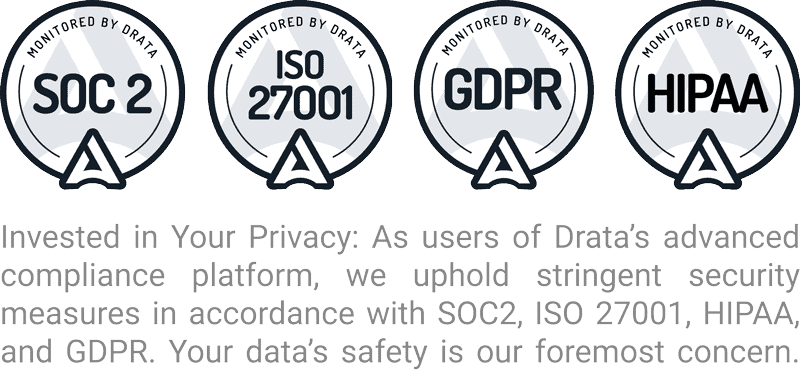Should I Write Business Blog Posts?
 Business blogs can be somewhat of a hot topic, as it relates to marketing investments. It might not be for every company, or every employee. Regardless, it’s important to think through the pro’s and con’s of starting (and maintaining!) a business blog before committing.
Business blogs can be somewhat of a hot topic, as it relates to marketing investments. It might not be for every company, or every employee. Regardless, it’s important to think through the pro’s and con’s of starting (and maintaining!) a business blog before committing.
The Con’s of a Business Blog
- It’s time consuming. You need to actually put thought into your business blog posts so that they offer value. You also want to strategically pick a topic that will drive traffic to your blog, and therefore your website. Brainstorming topics and content can take time away from other, more pressing tasks. And you’ll likely not see immediate results, so that isn’t very encouraging.
- It can feel like busywork. Sometimes, you won’t have a fresh idea, yet you’ll still feel compelled to remain on a “content schedule” (which is important to business blog success). Content schedules are usually how marketers organize posts from team members and guest writers. It ensures that they regularly hit that goal. However, it can also lead to boring, uninspired posts if you’re not careful.
- It goes out of date quickly. As the internet is flooded with business blog posts from companies large and small, readers are trained to look at the date of a post. If it wasn’t within the last year (give or take), and didn’t generate a lot of traffic right off the bat, it’s basically irrelevant. It feels like it was a waste of time and effort.
The Pro’s of a Business Blog
- It increases search ranking. Google, and other search engines, have a part of their algorithm that rewards you for having lots of pages, rich with keywords, and that have been recently published. Since every blog counts as a page, there is a theory that this can help your company appear more in searches.
- Still on the topic of search engine optimization (SEO), search engines heavily weigh the number of external sites linking to your website. External links to your business blog prove your content contains helpful, relevant information. A great blog can serve as “link bait” that other websites will be inclined to reference, creating those important external links (source). It can also help you shed light on internal links that are buried deep within your website, by linking them in your copy.
- It’s an easy way to publish fresh content, and speak directly to your client base. And even if your clients aren’t reading blogs on a regular basis, they most likely are searching Google for answers.
- It’s a relevant excuse to post to social media (Facebook, LinkedIn, etc.) and get your name out there, encouraging brand awareness.
- If you put proper thought and consideration into your blog post topics and content, it can be a great way to establish your company as thought leaders in your industry. There’s always a conversation going on online, and it’s important to be a part of it. Clients and Prospects will look to you as a reliable resource for information on your industry, and will (hopefully) then come to you when they are ready to buy.
- Blogs are a relatively cost-efficient marketing investment. Your business probably already has a website. All it really costs is time.
- It encourages your blog contributors to research, learn, and stay on top of news and trends. What better way to facilitate learning and inspire ideas?
The Conclusion
The decision to spend time on blog posts is going to be unique to your business. If you or your team is not fully on board, it will be like pulling teeth. If your company needs help with improving its Google ratings, and you can dedicate 30-40 minutes a week to come up with fresh content, blogs are wonderful. However, if you have a strong online presence already, and are already considered thought leaders, blogging may be unlikely to show you a true ROI.
Tips
If your organization does decide to publish a company blog, here are a few tips.
- Request contributions from your colleagues. Ask qualified people on your team to take 20 minutes out of their week to email you a few paragraphs about something they have been thinking about that week, as it relates to your business and industry. You can then do the grunt work of making it blog-ready, and your posts will have more perspective and expertise if intelligent team members agree to contribute.
- Create a content calendar, and stick to it. Decide how many posts you’d like to do per week, when you plan to post, and where you plan on sharing (Facebook, LinkedIn, etc.). Make it a part of your weekly process.
- Actively promote your content. Your blog won’t shoot to the top of search engines overnight. It takes work, dedication, and intentional promotion.
Interested in how Lead Liaison integrates with your website? Read our post on our Squarespace integration here.





